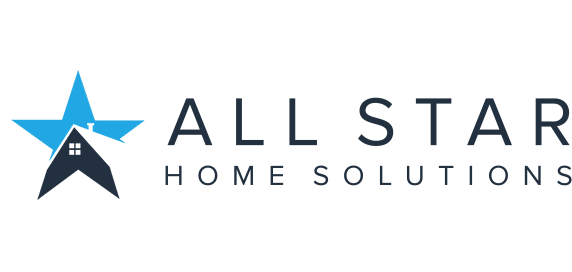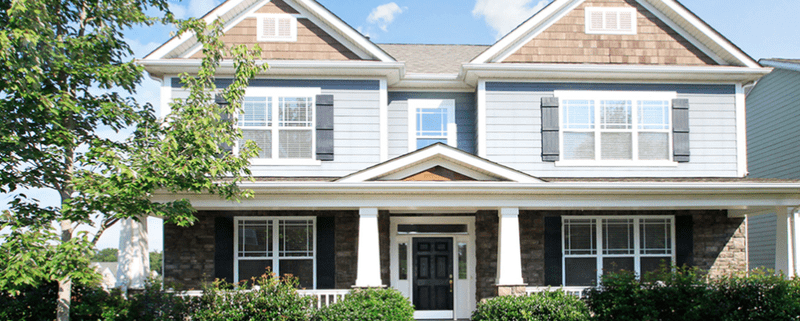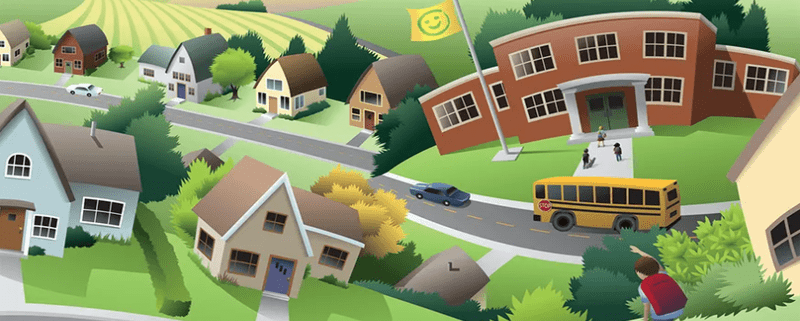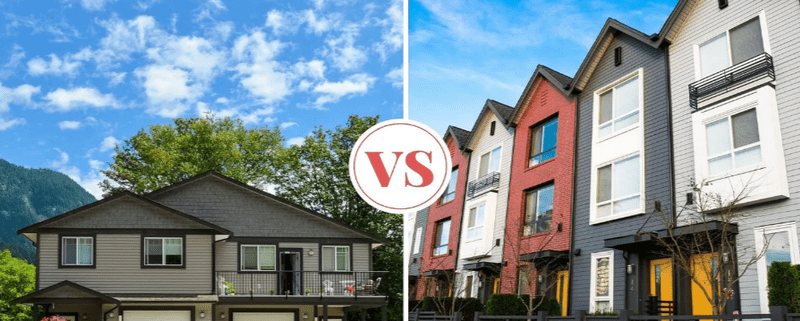The landscape of home living in Dallas, Texas, is undergoing a significant transformation. As remote work and flexible work arrangements become increasingly common, the traditional concept of homeownership is evolving to meet new demands. The rise of the home office revolution is reshaping the way Dallas residents view and utilize their living spaces. This article explores the impact of this revolution on Dallas homes, highlighting key trends, design considerations, and the broader implications for the real estate market.
The Shift Towards Remote Work
The concept of remote work, once considered a niche or temporary arrangement, has become a mainstream practice. Factors such as advancements in technology, changes in work culture, and the recent global events have accelerated this shift. For many Dallas residents, the home office is no longer an optional addition but a necessity. This shift has driven demand for homes with dedicated office spaces and influenced the design and functionality of residential properties.
Designing the Ideal Home Office
Creating an effective home office involves more than just setting up a desk and chair in a corner. A well-designed home office should balance functionality, comfort, and aesthetics. In Dallas homes, several design elements are becoming essential for a productive and enjoyable workspace.
Space Planning and Layout
The layout of a home office plays a crucial role in its effectiveness. Homeowners are increasingly looking for properties with extra rooms or versatile spaces that can be easily converted into offices. Open floor plans are being adapted to include designated work zones, allowing for a clear separation between work and living areas. For those in older homes or smaller spaces, innovative solutions such as built-in desks, wall-mounted shelving, and foldable furniture are being employed to maximize space.
Ergonomics and Comfort
The comfort of a home office is essential for productivity and well-being. Ergonomic furniture, including adjustable chairs and desks, is becoming a standard feature in home offices. Additionally, proper lighting and ventilation are critical for creating a pleasant work environment. Many Dallas homeowners are investing in high-quality office furniture and accessories to ensure their workspace supports both physical health and productivity.
Aesthetic Appeal
The visual appeal of a home office can influence both mood and productivity. Dallas residents are increasingly incorporating stylish elements into their office spaces, blending functionality with design. Custom cabinetry, artistic decor, and color schemes that inspire creativity are becoming common features. The goal is to create a workspace that is both inviting and conducive to focused work.
The Role of Technology
Technology is a cornerstone of the home office revolution. The integration of advanced tech solutions is transforming how work is conducted from home. Dallas homeowners are investing in state-of-the-art equipment and smart home technologies to enhance their work environment.
High-Speed Internet and Connectivity
Reliable and fast internet is essential for remote work. As the demand for home offices grows, so does the need for robust internet infrastructure. Dallas homes are increasingly being equipped with high-speed internet connections, dedicated network setups, and modern routers to ensure seamless connectivity. Smart home technology, such as mesh networking systems, is also being used to enhance coverage and performance.
Tech-Enhanced Workspaces
Modern home offices are incorporating various tech tools to improve efficiency. From dual-monitor setups and noise-canceling headphones to smart thermostats and automated lighting, technology is enhancing the functionality of home offices. Dallas residents are investing in these tools to create workspaces that are both technologically advanced and comfortable.
Virtual Collaboration Tools
The rise of remote work has highlighted the importance of virtual collaboration tools. Dallas homeowners are using video conferencing software, project management platforms, and cloud-based storage solutions to facilitate remote teamwork. These tools enable seamless communication and collaboration, making it possible to work effectively from home.
Real Estate Trends and Home Office Demand
The home office revolution is influencing the Dallas real estate market in several ways. Buyers and investors are increasingly prioritizing homes with features that accommodate remote work, leading to shifts in market demand and property values.
Increased Demand for Homes with Office Space
The demand for homes with dedicated office spaces has surged. Buyers are looking for properties that offer separate rooms or flexible spaces that can be converted into home offices. Real estate listings in Dallas are increasingly highlighting these features, as they have become a significant selling point for many prospective buyers.
Home Office as a Value Proposition
Homes that offer well-designed and functional office spaces are commanding higher prices. The presence of a home office is now considered a valuable asset, with properties featuring dedicated workspaces often achieving premium valuations. This trend reflects the growing importance of remote work capabilities in the homebuying decision process.
Renovations and Adaptations
Many Dallas homeowners are opting to renovate or adapt their existing homes to include home office spaces. Home improvements such as converting spare rooms, finishing basements, or building office extensions are becoming popular. These renovations not only enhance the functionality of the home but also add value to the property.
Impact on Neighborhoods and Communities
The rise of remote work is also affecting Dallas neighborhoods and communities. As more people work from home, local dynamics and community needs are shifting.
Changes in Neighborhood Preferences
Homebuyers are increasingly seeking neighborhoods that offer a conducive environment for remote work. Quiet, residential areas with access to amenities such as parks and recreational spaces are becoming more desirable. Additionally, proximity to essential services like coffee shops and coworking spaces is influencing homebuying decisions.
Community Support for Remote Workers
Communities are adapting to support remote workers. Local businesses and organizations are recognizing the needs of remote professionals and offering services such as coworking spaces, networking events, and professional development opportunities. This shift is fostering a supportive environment for remote workers and enhancing the overall appeal of Dallas neighborhoods.
Environmental and Lifestyle Considerations
The home office revolution is also influencing lifestyle and environmental considerations. With more people working from home, there is a growing focus on creating eco-friendly and sustainable workspaces. Dallas residents are incorporating green technologies, energy-efficient appliances, and sustainable materials into their home office designs.
Looking Ahead: The Future of Home Offices in Dallas
The future of home offices in Dallas is likely to see continued evolution and innovation. As remote work becomes an integral part of modern life, the design and functionality of home offices will continue to adapt to new trends and technologies.
Integration of Advanced Technologies
Future home offices will likely incorporate even more advanced technologies. Developments in virtual reality, augmented reality, and artificial intelligence could further enhance remote work capabilities. Dallas homeowners and businesses will need to stay informed about emerging technologies to maintain a competitive edge.
Evolving Design Trends
Home office design trends will continue to evolve, reflecting changes in work culture and personal preferences. Flexible workspaces, modular furniture, and multi-functional rooms are expected to become more prevalent. The integration of wellness and ergonomic features will also play a key role in future home office designs.
Long-Term Implications for Real Estate
The home office revolution will have lasting implications for the real estate market in Dallas. As remote work becomes a permanent fixture for many, the demand for homes with dedicated office spaces will persist. Real estate professionals will need to adapt to these trends, offering properties that meet the evolving needs of buyers and investors.
The home office revolution is reshaping Dallas homes and the broader real estate market. As remote work becomes increasingly common, the demand for well-designed, functional home office spaces is growing. Homeowners, buyers, and real estate professionals are adapting to these changes by incorporating advanced technologies, innovative design elements, and flexible workspaces. The future of home offices in Dallas is set to be dynamic and transformative, reflecting the ongoing evolution of work and home life. By staying informed about these trends and adapting to new developments, stakeholders can navigate the evolving real estate landscape and thrive in the changing market.








